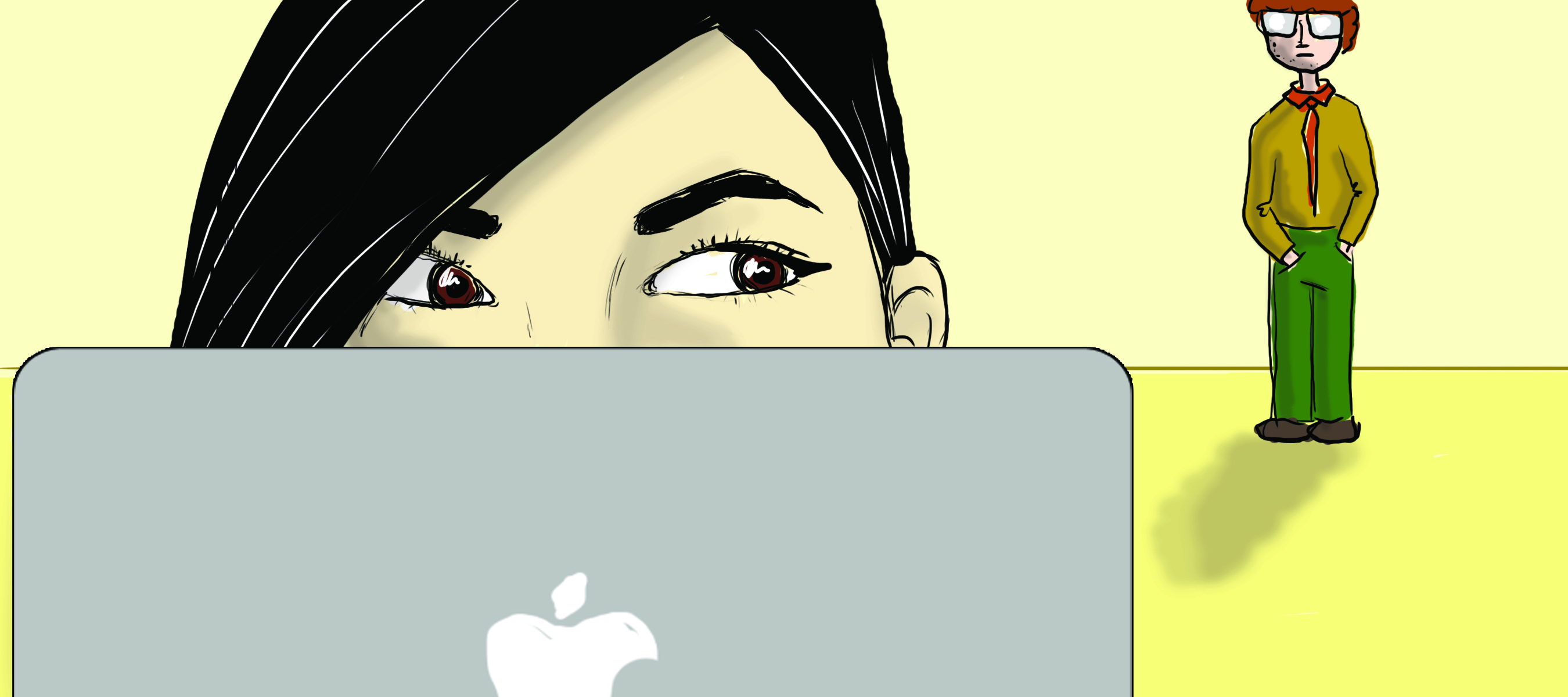Keeping a watch on technology use


Students using technology in the classroom is continuously a point of contention at educational institutions, with the rules regarding laptop and cell phone usage varying from professor to professor.
According to various media reports as of late, a new trend in prohibiting the use of technology in the classroom has been becoming more pervasive at universities.
One such measure reportedly involves professors recruiting students to monitor the use of laptops and cell phones by their classmates in lectures.
Another instance, reported by the National Post on Monday, involved a professor at Queen’s University who has instituted a civility clause in her third-year psychology class.
The clause reads, “Discriminatory, rude, threatening, harassing, disruptive, distracting and inappropriate behaviour and language will not be tolerated. The first offence will result in a ten per cent reduction in your final mark.”
While no measures such as these have been documented yet at Wilfrid Laurier University, some professors are taking steps in a similar direction.
In a second-year class, James Weldon, associate professor of English, asks that students using laptops sit in the first few rows so that his teaching assistants (TAs) can monitor their activities to ensure technology is not being abused.
Megan Ruttan, one of the class’s TAs, spoke to Weldon’s feelings towards technology in the classroom.
“He’s fine with it as long as it’s being used responsibly,” she said.
“[The TAs] are dispersed amongst the students just to keep an eye on them.”
She emphasized that they are not trying to make the classroom feel like a prison, but in some cases it has become necessary to be monitors.
“It’s not so much reporting back to Dr. Weldon as it is acting as a team together to identify the people who have become an overt problem,” Rutten explained. “We have to work as a unit.”
Rutten said she finds that this policy has helped, but Chelsea Telfer, a student in the class, is of a different opinion.
“I actually think having laptops in the front of the classroom is probably more distracting. Even though he has people watching, people don’t care,” said Telfer.
Emily Mallinson, a fourth-year English major, said she thinks Weldon’s policy is a good idea.
“I think we do need to be held accountable,” she said. “You could think that he is treating us like children because he doesn’t trust us not to slack off, but I honestly think that sometimes we need to be treated like children.”
Sara Matthews, assistant professor of global studies at WLU, doesn’t implement rules regarding the use of technology in her classes. She believes that there is a conversation that needs to happen in the classroom regarding the use of technology before policies such as these are used.
“I would rather have the student be educated as to why they’re using their devices in the way that they’re using them,” she explained. “To develop a shared understanding of the impact of that in the classroom.”
Matthews continued by saying that there needs to be a more thoughtful approach taken. She noted that disruptions, which professors are trying to prevent by implementing these policies don’t necessarily occur because the student, or technology, is bad.
“This is why I don’t use a rule,” she said. “Because I think every classroom is different, the situations where people are acting out with technology are different and those things need to be explored in specific cases.”
Above all, she stressed the need for creating a climate in the classroom where these conversations can occur. “The social space of the classroom needs to change if people’s behaviour is going to change,” she said.


